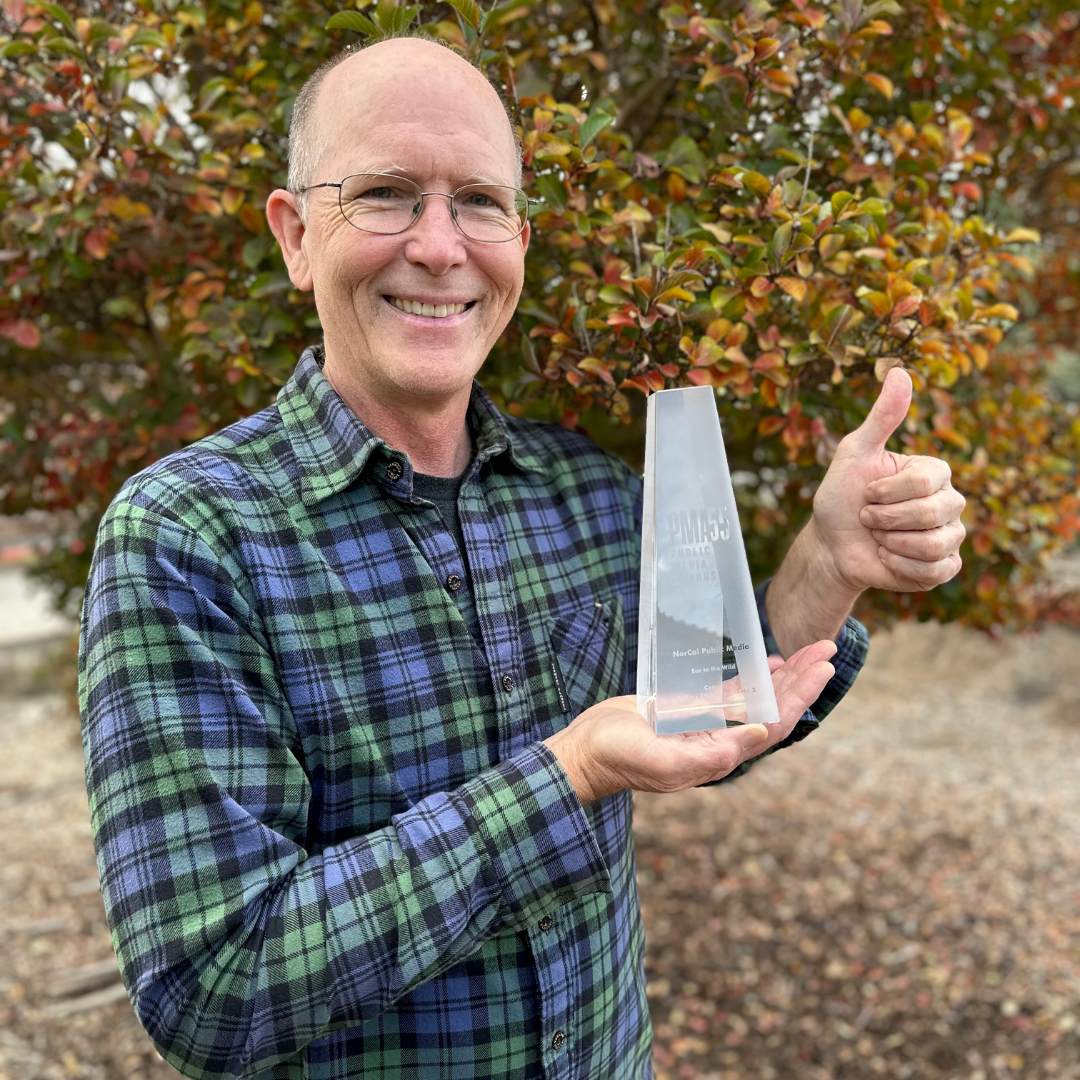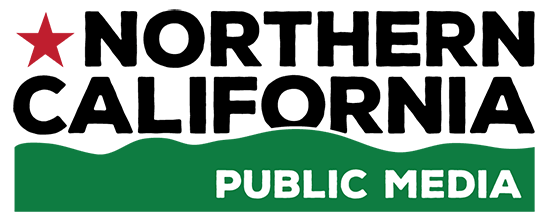
Naturalist Matt Dolkas gives tips on how to identify everyone’s least favorite plant and what to do if you get the rash.
For more information visit Peninsula Open Space Trust, openspacetrust.org

“Massive Job to Save Our Water” by Ace Gloeckner, Matteo Tufo, and Michael Deck (Analy High School)
“Water Worker Wisdom” by Jerusha Simone Watson, Joseph Gonzalez-Nicoll, and Sarahy Jimenez Ortiz (Rancho Cotate High School)
“Day to Day of a Hydrogeologist – A Skit Interview” by Cristian Mojica, Edgar Ordaz, and Uriel Sanchez (Roseland University Prep)
What is low impact development? LID means using building and landscaping methods that soak up water and keep pollutants from reaching wildlife in the Russian River. So how does my community use LID principles? We have detention basins. We have infiltration trenches. We have permeable pavement. And your most common, we have your vegetated bioswales. What these help with is flood control with less water going into the storm drains and water quality. The plants right here help filter the water and make the water cleaner before it enters our storm drain. As a teen, I can sort my trash and volunteer for local trash cleanups to keep pollutants out of runoff that reaches the creeks and river. Put a LID on it! For more information about your water, please visit https://rrwatershed.org/.
The western pond turtle is one of many native inhabitants of the Russian River watershed. These reptiles rely on clean water for their survival. But sadly, their habitat is under threat due to pollution and runoff from urban areas. Low water quality can harm these turtles affecting their health and ability to thrive. But there’s hope! Introducing low impact development. The sustainable approach to managing stormwater. Low impact development mimics natural processes allowing rainwater to infiltrate the ground filtering out pollutants before they reach our water. Rain gardens, permeable pavement, Bioswales… these innovative solutions mimic nature, filtering out pollutants before they reach the river. Reducing runoff and improving water quality LID benefits not only the western pond turtle but the entire ecosystem. Let’s put a LID on it for a cleaner, healthier, Russian River watershed. For more information about your water, please visit https://rrwatershed.org/.
The Russian River watershed is in danger because of water runoff. Water runoff travels on impervious surfaces like roads, parking lots, and sidewalks, collecting pollutants as it goes. When this runoff eventually makes it to our river via the watershed it contaminates it with all the pollutants it’s collected. But there’s a solution to this problem. It’s called low impact development or LID for short. LID is infrastructure that contains water instead of letting it collect pollutants and meet with larger bodies of water. Some examples of LID include rain gardens, tree boxes, and permeable pavement. All of these examples collect water runoff before it has a chance to cause havoc. Whether you’re a city council deciding on the next development project or a homeowner working on landscaping, remember, put a LID on it! For more information about your water, please visit www.rrwatershed.org.



KRCB is proud to partner with Jack Hines, environmental advocate and soundscape ecologist, presenting sounds of nature in the North Bay through his award winning radio program, Ear to the Wild!
Listen for Chinook salmon swimming to spawn, birds at dawn at Ledson Marsh, and Pacific Tree Frogs. These soundscapes are created to make you stop, listen and start your own conversations.
Ear to the Wild soundscapes are created to put you in a calm centered space, a quiet sanctuary that helps melt away stress. Soundscapes are a quiet world, a natural resource, the stillness of the mind. Jack and his Public Media Award
Jack and his Public Media Award Sugarloaf Ridge State Park, 2023
Sugarloaf Ridge State Park, 2023
Photo Credit John Roney
All Ear to the Wild recordings are captured with professional recording equipment. Recording sites and microphone placement are carefully selected to provide the listener with a rich auditory perspective.
Ear to the Wild is also a Podcast! Find it streaming on the NorCal App, the NPR Podcast Network, and Apple Podcasts.
www.eartothewild.com
www.wildsanctuary.com
www.jackhines.com
YouTube Channel: Soundscape
YouTube Channel: Music

 Live Radio
Live Radio